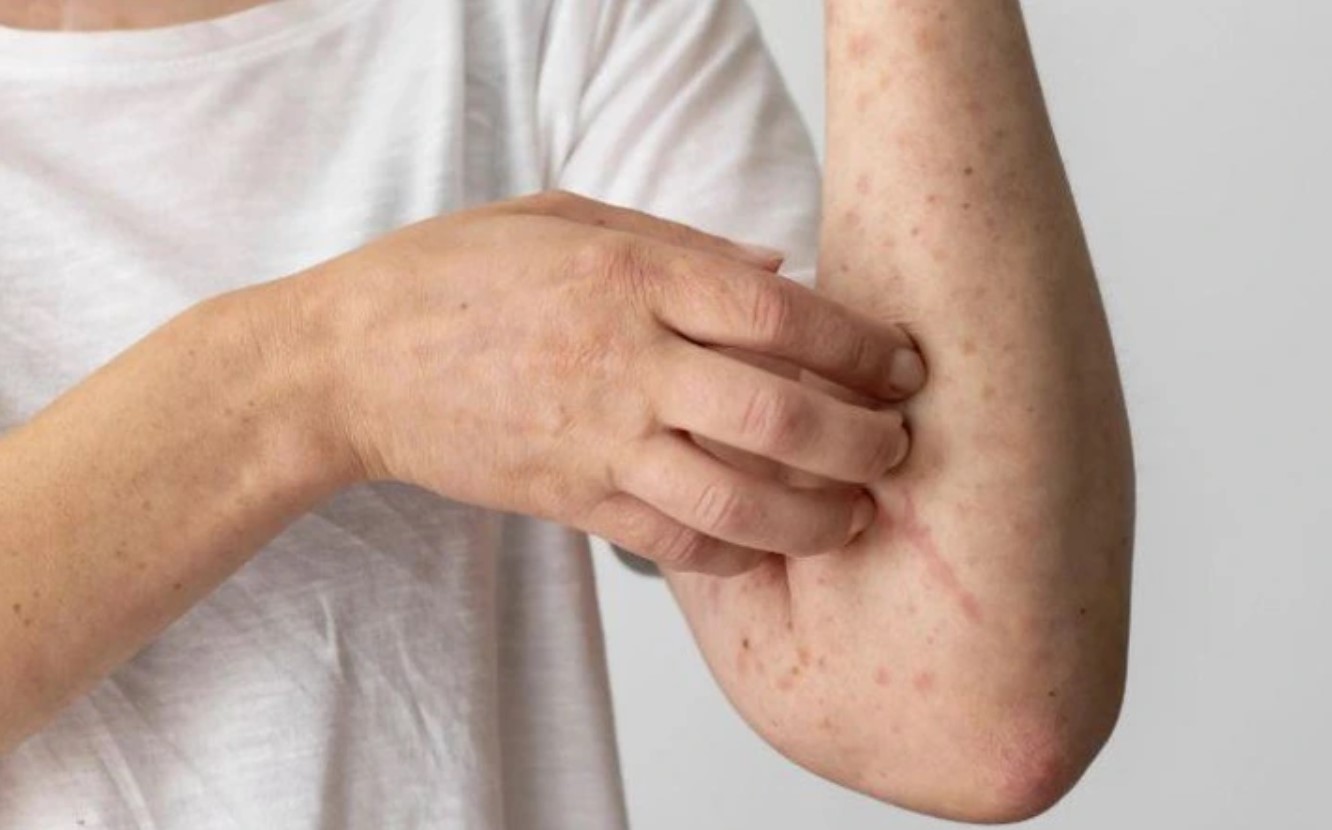HEALTH & LIFESTYLE
These 5 Home Remedies Will Prevent Fungal Infections

Continue Reading
HEALTH & LIFESTYLE
Your Lungs Are Not In Good Condition if You Experience the Following
HEALTH & LIFESTYLE
4 Major Reasons Some People Die In Their Sleep
HEALTH & LIFESTYLE
Uterine Cancer: Stay Away From These 4 Things To Avoid The Risk Of Being A Victim
-

 SPORTS10 months ago
SPORTS10 months agoParis 2024: Guide to Guatemala’s Athletes Schedule at the Olympic Games
-

 SPORTS11 months ago
SPORTS11 months agoFootball: Fight against gangmastering, “Diritti in campo” plays in Latina – Football
-

 IN-THE-NEWS11 months ago
IN-THE-NEWS11 months agoIsreal DMW Refers To Davido And Chioma’s Wedding As The Gathering Of Billionaires
-

 SPORTS7 months ago
SPORTS7 months agoAnnouncement of Kings U15 participation in the 3rd Okinawa Arena Cup | Ryukyu Golden Kings
-

 SPORTS10 months ago
SPORTS10 months ago“They can’t be apart for more than a day”: at the Olympics, the Patrice brothers and their passion for fencing
-

 METRO11 months ago
METRO11 months agoMom Forgets Baby in Hot Car on the Way to Daycare, What Happens Next Will Leave You Speechless!
-

 IN-THE-NEWS11 months ago
IN-THE-NEWS11 months agoFormer SUG President Shot Dead In Rivers
-

 SPORTS7 months ago
SPORTS7 months agodominance of Real Madrid and Manchester City



